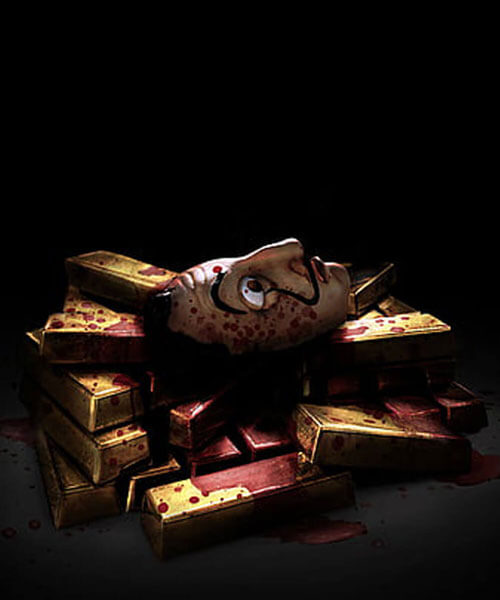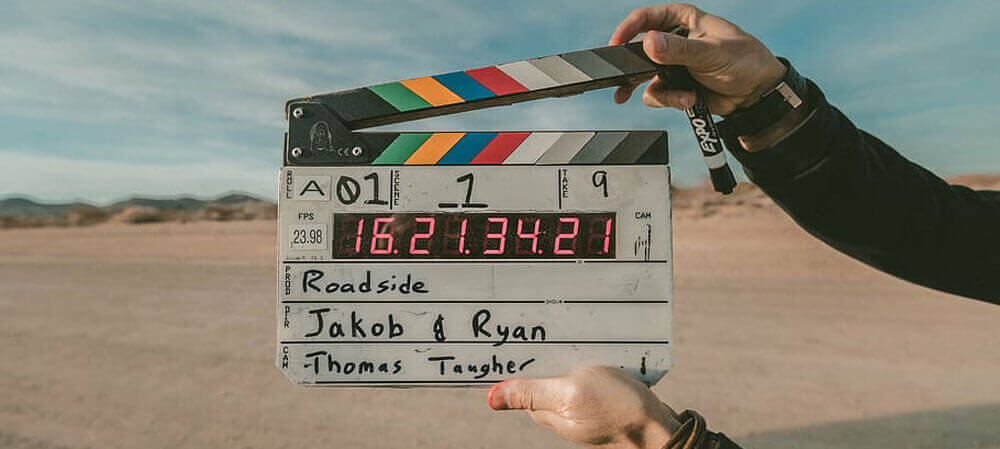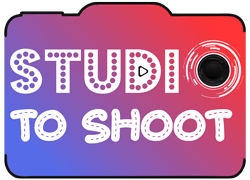Films or Web Series
Films or web series include preproduction like budgeting, casting, finding locations, hiring crew, garnering gear, and scheduling.
A captivating, original, and solid core idea is essential for the success of any film or web series. You will squander your time and the time of your audience if you do not have a fantastic concept and a compelling tale.
Crafting excellent tales is difficult, and one approach to avoiding the cliché errors that many inexperienced storytellers face is to write stories that are personal and have a distinct personality.

Do you want to be a comedian? Great! Then analyse the amusing situations in your own life and how you can flesh out at least a season's worth of short webisodes that are both personal and reach as broad an audience as feasible.
Here are the stages to help novices expedite the film or web series process.
Make a plan.
Make a script.
Choose collaborators.
Steps should be practiced and brainstormed.
Film Editing.
Preparation is essential during the filming or web series process. A well-planned shot is the cornerstone of a successful shoot. During this stage, filmmakers should develop responses to the following questions:
Who will be present?
What will be required?
When will everything happen?
Where will everything take place?
Why is the tale you're telling important?
How will you achieve your short films or web series objectives?
A filmmaker of any skill level should spend the bulk of their time on their films or web series in the pre-production phase, preparing and outlining each stage for those engaged in the production. Although not everything will go as planned, having a strategy in place will help things run more smoothly.
If preparation is the foundation, the script is the skeleton of a good film. The most crucial component of the pre-production process of a film or web series is writing a script. Before proceeding, ensure that you are satisfied with the current plot. People frequently try to modify their plot during filming, which generally results in missed shots, a convoluted storyline, and, at worst, an unsatisfying film-watching experience.
The significance of the story is for the audience's comprehension and not the filmmaker's own opinion. If your audience does not understand the message of your film, you have not succeeded in visually presenting your tale.
People frequently believe that writing a short script is simpler than writing a larger screenplay. This is not the case! When creating a long script, you have plenty of time to flesh out your plot. However, introducing your characters, overcoming challenges, and having just a few pages to do it might be exceedingly difficult.
To produce a good short script, keep your tale basic, your premise distinctive, and don't forget the ending twist! The secret to successful web series is the unexpected twist.

Everything in the industry is really collaborative. Practice on a smaller scale teaches filmmakers how to take constructive feedback. Having several collaborators on your project will result in a project that showcases everyone's finest work in the end.
There are various strategies filmmakers may use to improve their short films during this stage. Each of the practices given will assist you in avoiding losing essential facts when shooting your job.
Table Reading: During table readings, the complete screenplay is read aloud by the performers. This strategy is beneficial because it allows you to more effectively detect weaknesses in the screenplay that can be changed before production begins.
Storyboarding does not require you to be an artist. I usually draw stick figures. Storyboarding is the process of sketching out a sequence of events to aid in the visualisation of shots.
Previsualization: Similar to storyboarding, previsualizations aid in the creation of shot lists before filming. I propose utilising your phone to photograph the photographs you want to take.
A budget is also an important aspect of the ideation and practice phases. Determine what you can afford and what you want to achieve within that budget, and attempt to align the two as much as feasible.
The actual filming of short films or web series is the next step in the process. If you have a larger cast and crew, I recommend limiting yourself to no more than 10 shots every day. It is a good practice to examine the footage at the conclusion of each shooting day to ensure that you get what you want out of that specific picture.
Studio to Shoot helps in determining the length of the film based on where you want to go to a film festival with your short films or web series. They may have specific requirements, so knowing that Studio to Shoot would likely edit your films or web series according to those guidelines and restrictions.
